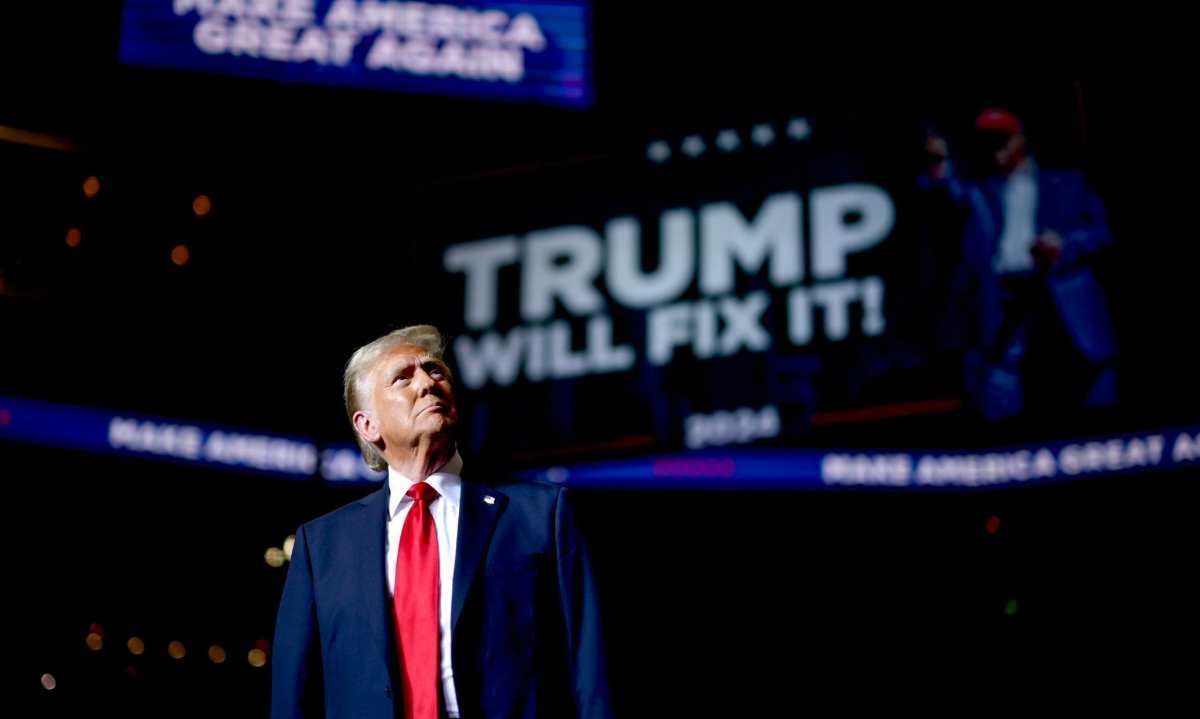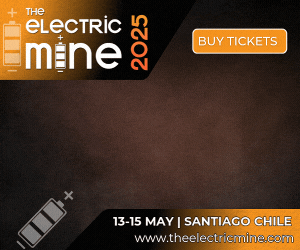
Trump has also announced other regulatory changes to reduce support for EVs and charging stations, while strengthening restrictions on automobile and battery material imports from China.
U.S. President Donald Trump's recent rollback of electric vehicle (EV) targets may temporarily slow demand for lithium and other critical minerals, but it is unlikely to halt the mining industry amid surging global EV demand, according to analysts and industry leaders.
Trump revoked his predecessor Joe Biden's 2021 executive order, which aimed to ensure that half of all new vehicles sold in the U.S. by 2030 would be electric. Automakers had positioned themselves for a surge in EV demand based on Biden's policies.
The immediate impact of Trump's decision was seen in the decline of shares of Japanese automakers, South Korean battery manufacturers, and lithium miners in Australia, the U.S., and China. However, experts indicate that despite a potential slowdown in the world's second-largest auto market, growth in other regions will compensate for the situation.
Regulatory Changes and Their Impact on the Industry
Trump has also announced other regulatory changes to reduce support for EVs and charging stations, while strengthening restrictions on automobile and battery material imports from China.
"Every time subsidies or benefits are taken away, it's a hit to demand," said Glyn Lawcock, an analyst at Australian investment bank Barrenjoey. "But ultimately, demand will still grow even if the U.S. moves more slowly under Trump."
From the perspective of producers, the global transition to EVs continues with or without the U.S. Antonino Ottaviano, CEO of Australian miner Liontown Resources, stated that in the long term, demand will not be significantly affected.
China's Role and Other Regions Driving EV Demand
The Chinese market currently accounts for 65% of global EV sales, with 11 million units sold. In comparison, North America represents 20% of the market. However, other regions, which already account for 1.3 million annual sales, are growing at a rate of 27% per year, potentially surpassing the North American market within two years.
Chinese EV manufacturers, excluded from the U.S. market due to Biden's 100% tariffs, continue expanding into other regions.
The Rise of Energy Storage Batteries and Demand for Critical Metals
The growth of grid-scale energy storage batteries and their use in consumer electronics continue to drive demand for critical metals. Companies like Albemarle, the world's largest lithium company, have chosen not to comment on Trump's decision.
Jakob Stausholm, CEO of Rio Tinto, expressed optimism about lithium's future during the World Economic Forum in Davos, Switzerland. "Lithium demand will probably increase fivefold over the next 15 years, so many more projects will be needed," he said.
Long-term Prospects for the Mining Industry
David Klanecky, CEO of battery recycling company Cirba Solutions, projects a significant increase in U.S. demand for critical minerals by 2030, driven by the growing adoption of electronic devices.
On the other hand, supply chain independence from China could play a more significant role than formal EV sales targets. Darryl Cuzzubbo, CEO of Australian rare earths developer Arafura, highlighted that building an independent supply chain could have a lasting impact.
"We are reaching a tipping point where targets and incentives will no longer be needed to encourage EV adoption," Cuzzubbo concluded.




